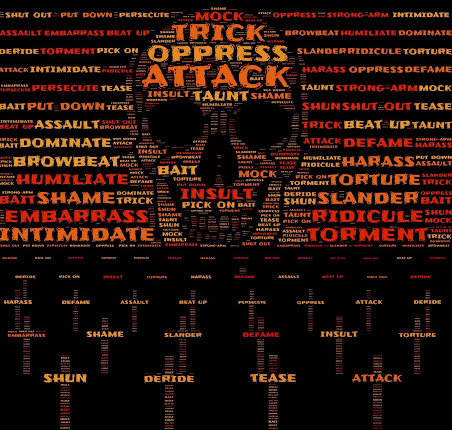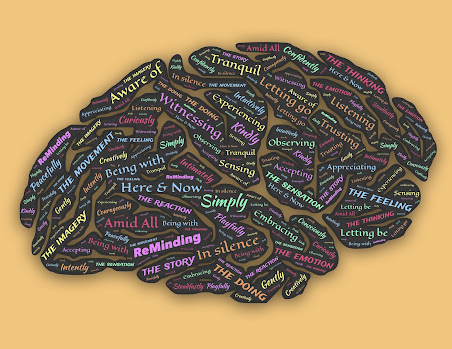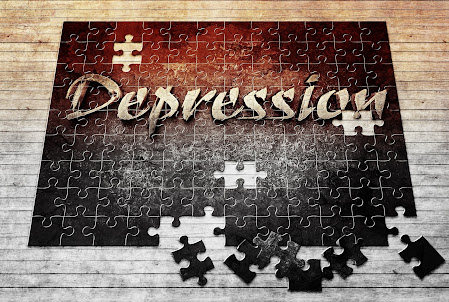Shame typically involves feeling a deep sense of embarrassment, humiliation, and worthlessness about oneself as a whole. It is often accompanied by a strong desire to hide or withdraw from others due to the fear of being judged or rejected. Shame tends to focus on one's identity, suggesting that the individual is inherently flawed or defective.
Guilt, on the other hand, is more focused on the specific actions or behaviors that are deemed inappropriate or unethical. It arises from a sense of responsibility for one's actions and involves feelings of remorse, regret, and self-reproach. Guilt may motivate individuals to make amends or take corrective actions to address the harm they believe they have caused.
While shame and guilt can serve as moral compasses, prompting individuals to reflect on their actions and make positive changes, they can also have negative impacts on one's well-being if experienced excessively or inappropriately. Persistent or overwhelming shame and guilt can lead to feelings of self-loathing, low self-esteem, anxiety, depression, and even contribute to various mental health issues.
It is important to note that shame and guilt are influenced by cultural and social factors, and their intensity and expression can vary across different societies and individuals. Additionally, the experience of shame and guilt can be shaped by personal beliefs, values, upbringing, and social conditioning.
Addressing shame and guilt often involves self-reflection, self-compassion, and a willingness to acknowledge and take responsibility for one's actions. Seeking support from trusted individuals, such as friends, family, or mental health professionals, can also be beneficial in navigating and processing these complex emotions." (Source: ChatGPT 2023)
Gut Winch PH.D.
Jane Middelton-Moz
Toxic Shame: What It Is and How to Cope Article






